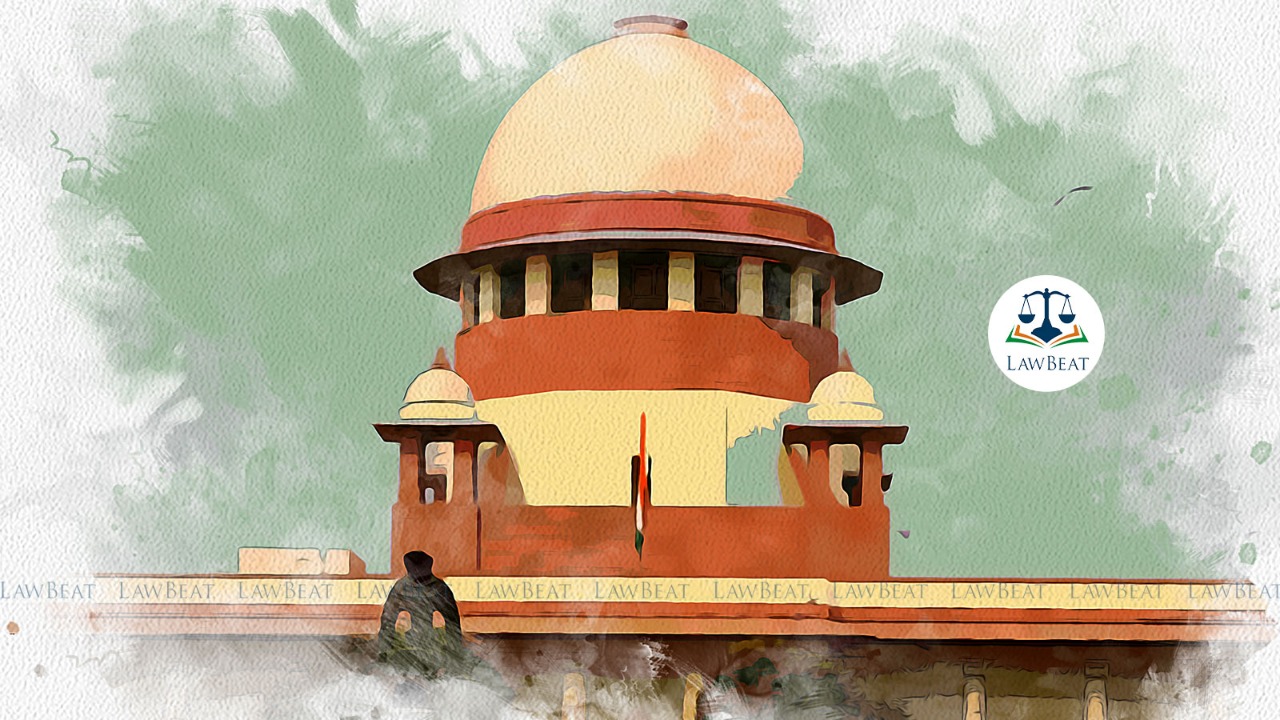Compensation in Motor Accident Claims Cannot Be Reduced Without Basis: SC

Without assigning plausible reason, the high court re-assessed the compensation by reducing the disability suffered by the appellant to 20%, the top court said
The Supreme Court has on August 9, 2024 said that there cannot be reduction in compensation in motor accident claims without a basis or assigning plausible reason, as it set aside a Karnataka High Court's order which re-assessed the disability of the injured victim to truncate the quantum of money to be paid to him.
A bench of Justices Sudhanshu Dhulia and R Mahadevan restored the Motor Accident Claims Tribunal's decision fixing the disability of the appellant Rahul to 25 %.
The appellant challenged validity of the High Court's Dharwad Bench's order which had partly allowed a plea by the insurance company, National Insurance Company Ltd.
He approached the MACT seeking a compensation of Rs 20,00,000 for the injuries sustained by him in a motor accident that had occurred on January 27, 2013, while he was travelling as a pillion rider in the motor cycle insured with the insurance company.
Based on the oral and documentary evidence, the Tribunal awarded a sum of Rs 5,38,872 along with interest at 6% per annum from the date of petition till deposit, as compensation payable to the appellant, after taking into account the disability sustained by him at 25%.
Aggrieved by the same, the insurance company filed an appeal before the high court, which resulted into the impunged order.
The high court re-assessed the compensation by reducing it to Rs 4,74,072 by taking into consideration, disability only at 20% and allowed the appeal in part.
The apex court examined the issue whether the high court was right in reducing the percentage of disability suffered by the appellant from 25% as fixed by the Tribunal, to 20% while determining the compensation payable to him.
Going through the medical records, the bench noted the appellant underwent a surgery, in which, plates and screws were implanted in his hands.
As per disability certificate issued by the doctor, N Y Joshi, the appellant suffered 50% permanent disablement and the said doctor was also examined.
"Considering all these oral and documentary evidence, the Tribunal has taken the disability of the appellant only at 25% and determined the compensation payable to him. Without assigning plausible reason, the High Court re-assessed the compensation by reducing the disability suffered by the appellant to 20%. We are of the view that the reduction of compensation was not required, particularly, when there is no basis in support thereof. Therefore, the judgment passed by the High Court is liable to be interfered with," the bench said.
The court thus set aside the high court's judgment of November 13, 2018 and restored the Tribunal's order of June 28, 2014, fixing the disability at 25%.
The bench allowed the appeal and directed the insurance company to deposit the entire compensation along with interest as determined by the Tribunal, after adjusting the amounts already deposited within a period of four weeks.
Case Title: Rahul Vs National Insurance Company Ltd And Another
